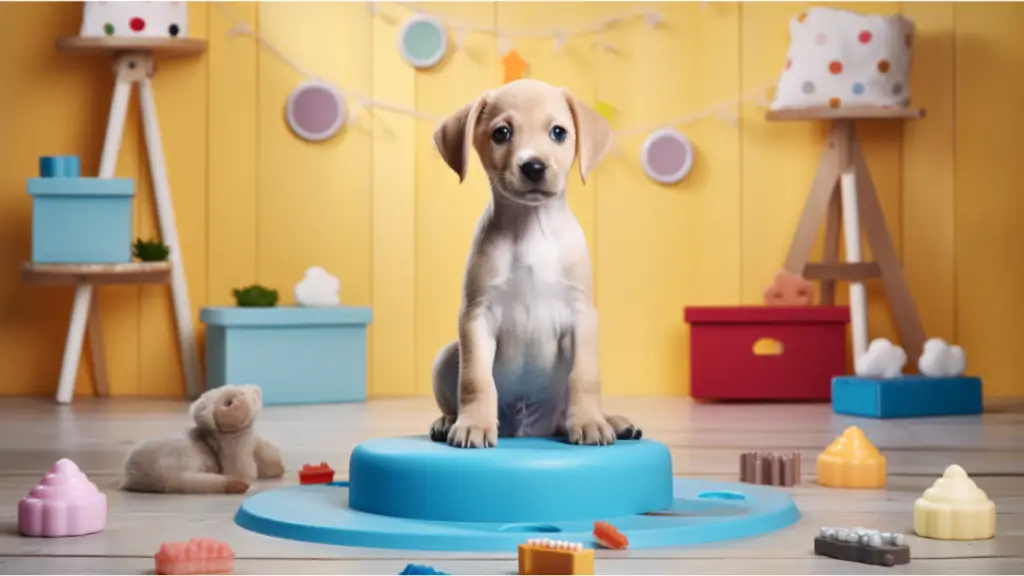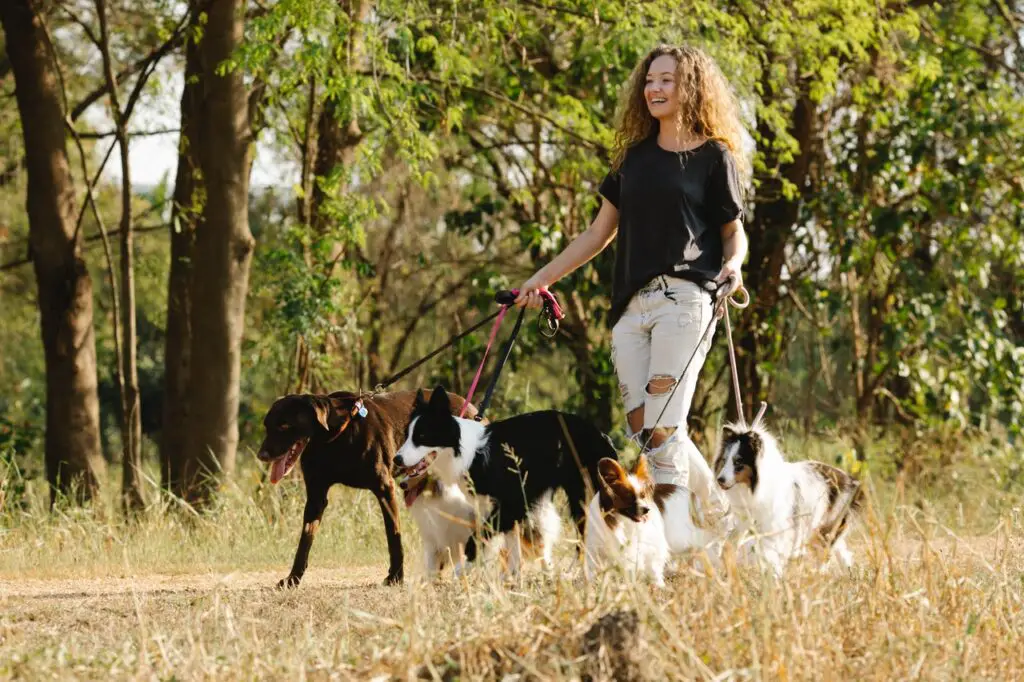You’ve just brought home a bouncy, adorable puppy, and you’re smitten. But let’s face it; potty training can be a challenge. Just like babies, puppies need help learning where and when to relieve themselves. But don’t worry; you’re not alone. This guide is here to help you understand your puppy’s signals, prevent in-house accidents, and establish successful outdoor potty habits.
Remember, patience and consistency are key. It’s all about making your little furry friend comfortable and creating a positive environment for them to learn. Soon, you’ll be a pro at interpreting your puppy’s signals, and your carpets will thank you.
Remember, this isn’t a replacement for professional advice. If your pup seems distressed, don’t hesitate to seek a vet’s help. Ready to get started? Let’s dive into these potty-training tips for puppy owners.
- Key Takeaways
- Understanding Your Puppy's Signals
- Preventing In-House Accidents
- Successful Outdoor Potty Habits
- Frequently Asked Questions
- How can I potty train my puppy if I live in an apartment without easy access to an outdoor space?
- What is the average time it takes to fully potty train a puppy?
- How can I make my puppy more comfortable going potty in the rain or cold weather?
- What are some effective methods to potty train a puppy during the night?
- What should I do if my puppy regresses in their potty training progress?
- Conclusion
Key Takeaways
- Reinforce positive behavior when your puppy relieves their bladder or bowels.
- Differentiate between signs that indicate your puppy needs to go potty and signs that show they want to play or explore.
- Take your puppy outside to potty after they have recently gone, and praise and reward them.
- Avoid scolding your puppy for accidents in the house, as this may lead to them hiding their need to go potty.
Understanding Your Puppy’s Signals
Understanding your puppy’s signals is a key part of successful potty training. Recognizing potty cues can be a bit tricky as they’re often subtle. Puppies may start sniffing, circling, or even going to the door. These are all signs that your little one needs to go outside.
Remember, effective communication with your puppy is crucial during this time. Praising and rewarding your pup when they do their business outside reinforces this behavior, making it more likely to happen again. If they don’t go after a reasonable time, bring them back inside without making a fuss.
It’s important never to scold them for accidents in the house, as this may lead them to hide when they need to go.
Preventing In-House Accidents
Monitoring your little pet closely and recognizing the signs when they need to go outside is crucial to prevent in-house accidents. Understanding your puppy’s cues is important. Look for signs such as sniffing around, restlessness, or going toward the door.
Here are three simple steps to follow:
- Carefully observe your puppy. Recognize cues like whining, circling, or sudden activity to understand when they need to relieve themselves.
- Use positive reinforcement. Always praise and reward your puppy when they successfully go outside. This will encourage them to repeat the behavior.
- Establish a regular potty schedule. Consistency teaches your puppy when it’s time to go, reducing potential accidents.
Remember, patience and understanding are key in this process. With time, your puppy will get the hang of it.
Successful Outdoor Potty Habits
Cultivating good outdoor bathroom habits in your young pet can significantly reduce indoor accidents and help them develop a healthy routine.
Reinforcement is key in this process; when your pup relieves themselves outside, praise them and offer a reward. This positive reinforcement makes going outdoors a pleasurable experience for your pup, and they’ll associate it with potty time.
Be patient, though. If they don’t go within a reasonable time, head back inside without making a fuss. Remember, scolding your pup for in-house accidents can lead to secretive behavior, making potty training even more difficult.
It’s all about developing a routine and sticking to it. And remember, every pup is different and will show signs of needing to potty as they mature.

Frequently Asked Questions

Conclusion
Potty training your puppy may prove challenging, but it’s doable. Remember, understanding your pup’s signals and preventing in-house accidents is key.
Encourage successful outdoor habits with praise and rewards. If accidents happen, don’t scold – they’re still learning.
As your puppy grows, they’ll gain better control, and their signals will become clearer. If they show signs of distress, see a vet immediately.
With patience and consistency, you’ll ace potty training in no time!

